
Elderberry wine is well known across the world because of its supposed medicinal properties to strengthen the immune system, cure and prevent cold and flu — as well as, of course, because of the pleasant taste.
Elderberry wine is made from elderberry plants, native to subtropical regions of the Northern and Southern hemispheres. Europeans have been using elderberry wine as a natural remedy for various ailments since at least the 17th century. Long before that, in the ancient civilization of Egypt, the elderberry plant and flowers were already used to heal burns.
Health benefits of elderberry wine
Elderberries are loaded with vitamins, especially vitamin A, B and C, and they are also rich in amino acids, carotenoids, flavonoids, anthocyanins, quercetin, rutin, tannin, and viburnic acid. Flavonoids from elderberry wine are powerful antioxidants that are able to fight against free radicals and prevent the damage to the cell structure in the body. Regular intake of food rich in antioxidants is a key to prevention of many hazardous health conditions, such as cancer.
Perhaps the most beneficial feature of elderberry wine is to boost the immune system and thus regulate the immune response of the body. This way, the organism will be more alert in fighting off bacteria, viruses and infections. Treatment with elderberry wine may significantly shorten the course of an illness and reveal the unpleasant symptoms of cold and flu, according to proponents.
Flavonoids found in elderberry wine poses powerful anti-viral properties, but another compound of elderberry wine, called lectin, may be able to hold back replication of particular strains of viruses in the body.
Elderberry wine may also lower the levels of bad cholesterol in the body and thus improve the cardiovascular health. Regular intake of elderberry wine may help to prevent many coronary diseases.
Other health benefits include positive effects in treatment of cough, congestion, asthma, tonsillitis and inflammation of the urinary tract and the bladder. Some people will say that elderberry extract can promote weight loss, cure headaches, and even help with toothaches.
One has to keep in mind, however, that elderberry can be consumed in other ways, and wine is alcoholic. Consuming alcohol in large quantities carries significant health risks regardless of whether the alcoholic beverage contains healthful ingredients.
Nutritional value of elderberries
One serving of raw elderberries equals 100 grams. One cup has approximately 145 grams. One serving size contains approximately 73 calories. One serving is enough to satisfy 60% of recommended daily value for Vitamin C. Elderberries contain more vitamin C than any other herb except for black currants and rosehips.
- Vitamin A: 600 I.U.
- Vitamin B: Thiamine 0.07 mg.
- Riboflavin 0.06 mg: Niacin 0.5 mg.
- Vitamin C: 36mg.Protein: 2.6 gm
- Calories: 72Fat: 0.5 gm.
- Carbohydrates: 16.4 gm.
- Calcium: 38 gm.Iron: 1.6 mg.
- Phosphorus: 28 mg.
Elderberry side effects you should be aware of
Elderberry is most commonly used as a food substitute in the form of tablets, capsules, extract or tinctures. It is highly advisable to use a commercially prepared elderberry product and avoid any possible side effects. Large doses of elderberry juice contain sambunigrin, a chemical that may provoke diarrhea. Unprocessed berries may cause nausea and vomiting. Elderberry bark, leaves, seeds and fruit are far more toxic, because they contain elements of cyanide.


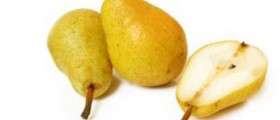

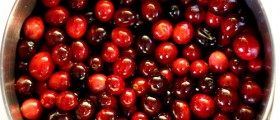
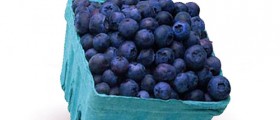
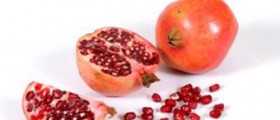



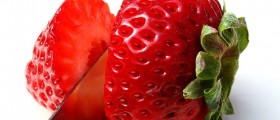
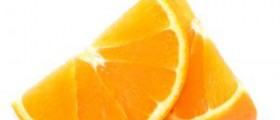
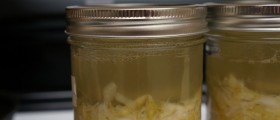

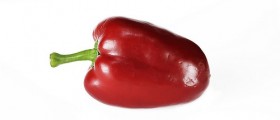


Your thoughts on this
Loading...